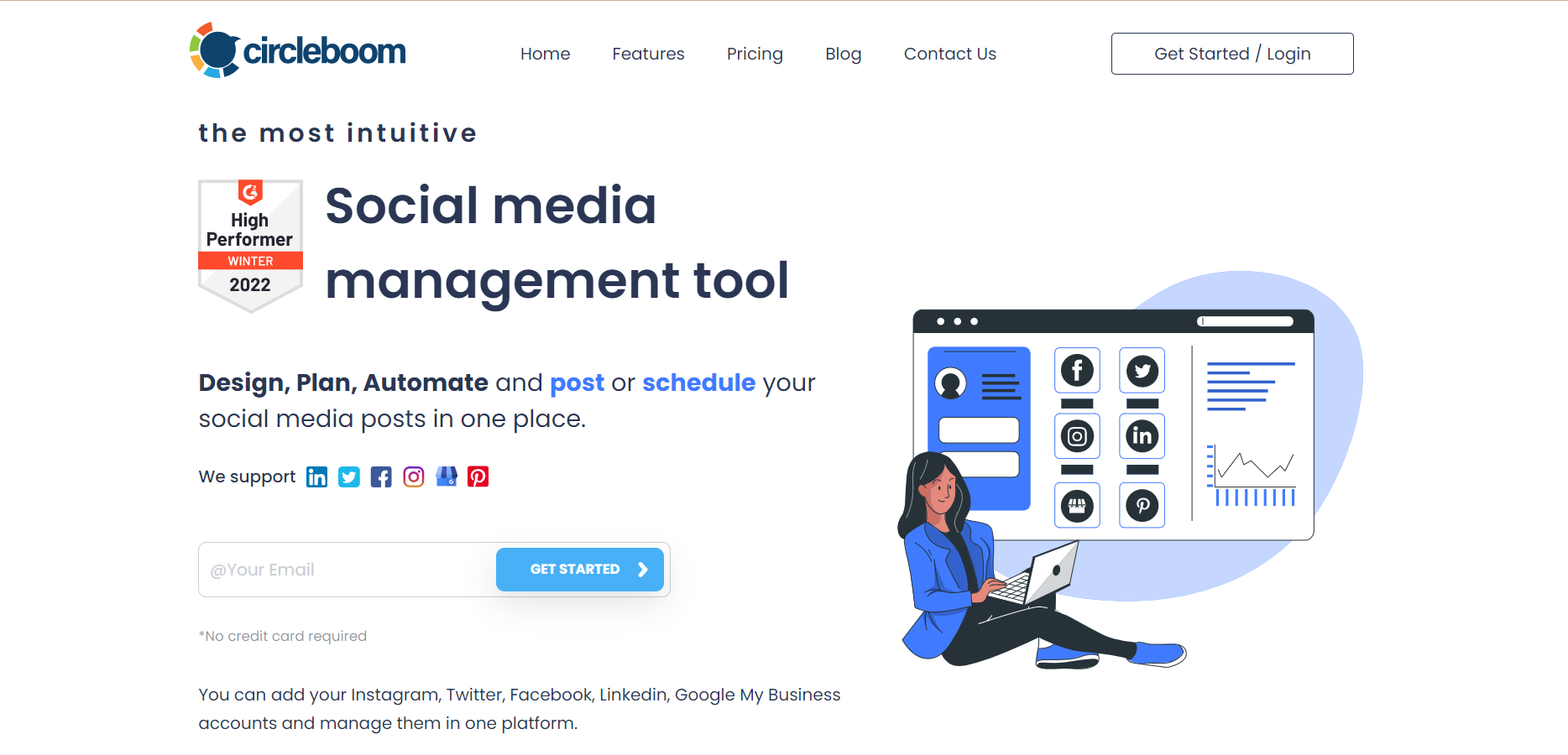Social media is now a ubiquitous part of our daily lives. Yet few of us realize the security risks of the level of social oversharing we are encouraged to do while on them. It is fun to share things with friends and family, but we should never lose sight of the risks of offering personal information on a plate to cybercriminals and people with bad intentions.
There are ways to use social media in a smart, secure way that will keep your data safe and private without losing out on the experience. If you are unsure how to do that, use ExpressVPN’s guide on staying safe on social media.
What Risks Come On Social Media?
Our ever-more-digital world means a lot of sensitive and critical data- from our physical location to the passwords behind which we keep our banking and other personal data safe- is now open for anyone to find. While it may feel like we’re acting in a closed circle of friends and colleagues, almost anyone can find a frightening amount of data on every aspect of our lives with just a few clicks.
Social media is a rich playing field for those with cybercrime in mind. We share birthdays and anniversaries, let people know when we’re out of town, and share personal details that can give clues to security questions and other aspects of our online lives.
This ease of information-mining means there has been a spike in cybercrime related to social media platforms in recent years. Luckily, there’s a lot you can do to protect yourself and your data.
Strong Passwords and Multi-Factor Authentication
The simplest, most effective way to keep your data safe is to focus on using smart, strong passwords. You’d be surprised how many of us use common passwords or dates like anniversaries, birthdays, and kids’ names to control our accounts. A strong password should be 8-16 digits long, comprised of capital and small letters with numbers and special characters included. Our passwords should also be unique to each platform, ensuring a breach on one doesn’t leave all your accounts open to nefarious activity.
This can get difficult to memorize, of course, but with the advent of secure, encrypted password managers to help, it needs to be your priority. However, options like passkeys can help you skip the pesky problem of memorizing passwords.
Multi-factor authentication is also a must. A Chrome VPN extension can add an extra layer of security when accessing your social media accounts through the Chrome browser. This adds an extra layer of security to account access. Employing a password manager can further bolster your social media security by ensuring your passwords are complex, unique, and safely stored. A code is sent,via text to your phone to an app installed specifically for the job, which must be entered before access to the platform is granted. It’s a minor inconvenience that will reap considerable rewards in safety, as it becomes challenging for hackers to intercept and use this information, keeping your account secure even if a breach is attempted.
Be Selective
It is important to remember that the wider your online social circle, the more chance you have of a data breach. Make sure to only add trusted accounts of real-life friends and family to your social media presence. And take a moment or two before accepting that friend request to make sure you’re dealing with the person you think you are. Fake and spoofed accounts are becoming increasingly common, so when in doubt, reach out to the person and check that the request is legitimate.
If you are using your social media for business or a public persona, separate it from your private circles and use a dedicated account instead.
Using a social media scheduler can also protect you from some risks of unsecured social media. Circleboom Publish supports Twitter, Facebook, Instagram, LinkedIn, Pinterest, and Google Business Profile in one place.
With Circleboom, you don't have to log into every social media profile from each platform every time.
Use the Privacy Settings
How many of us regularly check our security settings? At best, most of us are guilty of ‘set it and forget it’ as a strategy, yet these account options change with almost every platform update. Get into the habit of regularly checking your privacy and security settings and ensuring you have managed them to reduce your risk and who can see the data you share.
Don’t Overshare
On this note- it is time to move past FOMO. Yes, it’s fun to showcase your vacation pics or splashy new car to a wowed audience, but you have no idea who is seeing these posts - and they can glean a lot of data from them! It’s a bright idea to lock down things like birthdays and other critical dates that can give hackers the information they need to match with other data and bypass your security questions. It’s also wise to limit how much people know about you. As a classic example, splashing your holiday while you’re still on it lets potential thieves know you’re out of town. Think before you post, and ask yourself if you’re telling the world a little too much just to get a few extra likes and shares.
Many hackers now use social media phishing to coax your data out of you. Even if you are actively on the dating market or otherwise connecting with people, be wary of sharing your personal information with them online. Never send pictures or sensitive data just because someone ‘seems legit’ and asks for it.
Stay Aware
You don't have to stay glued to the news 24/7, but knowing if a platform has a major data breach or security incident can be invaluable to protecting your data. And if you see strange traffic or are notified of an attempt to access your accounts, take action immediately.
Go Private
Public Wi-Fi is a convenient drawcard- but it is also frighteningly easy to intercept data on open channels like this. If you commonly have to use public Wi-Fi, consider a trusted VPN or a site-to-site VPN to help keep your data safe. Avoid sharing sensitive information on public networks. Some of the best VPNs for web scraping also offer robust security features that can provide an added layer of protection when you're on the go.
When using VPN, it is vital to ensure your online privacy and security to protect your personal data. Thus it is necessary to regularly run a DNS leak test, particularly after configuring a new VPN or altering your network settings. Try BrowserScan to verify your online activities aren't being revealed through DNS queries, as well as to detect all you network settings is safe or not.
Staying safe on social media doesn’t have to be difficult or a chore. By staying mindful of the latest cybercrime trends and taking action to limit the information you share (and who you share it with), you can stay safe and sane in an online world without hassle or fuss. All it takes is a little care and attention to how you use social media, as well as the information you allow it to share about you with others.
La Fin
Knowledge is power. People share their most private moments on social media, whether publicly or not. Accessing these data could give enormous power to those who hack these social media accounts.
Protecting your social media is simple if you know and follow the simple rules above.
Using a social media management tool like Circleboom Publish that takes all security measures could be one of them.






